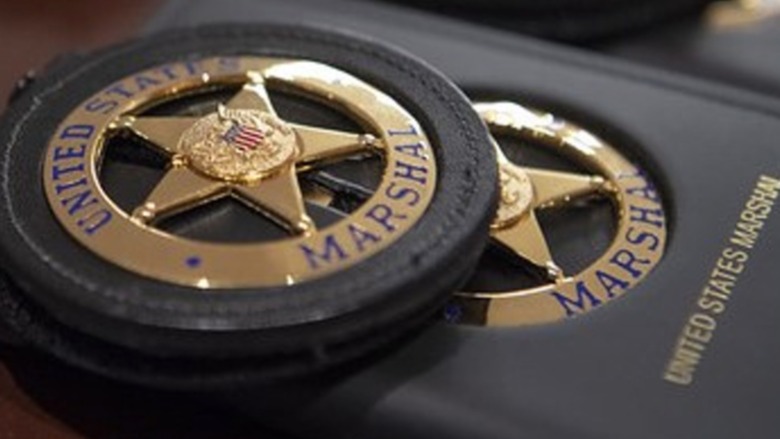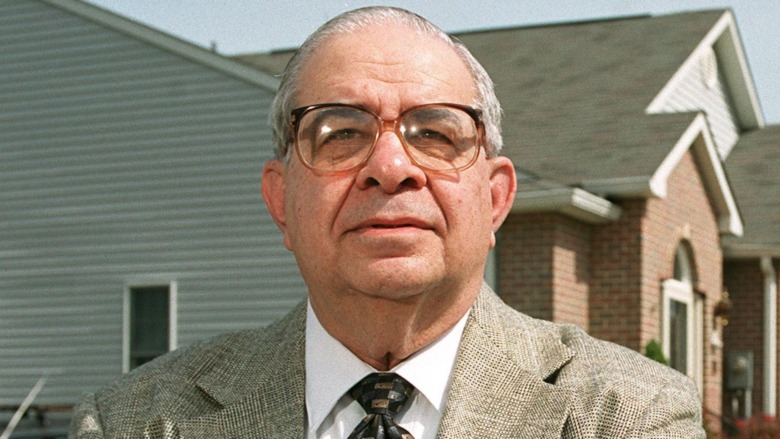How Long The US Witness Protection Program Has Really Been Operating
The witness protection program has been in operation for 50 years and was the brain child not of law enforcement, but of an attorney.
Gerald Shur worked for the U.S. Justice Department in the 1960s and his role was to take down mobsters — or try to, anyway. For that, he needed witnesses, and those were not easy to come by, because they feared retribution if they were to rat. Shur told NPR, "I would begin to meet with potential witnesses, and then they would refuse to testify because — you know, 'I'll be killed if I talk.'"
Shur knew he needed to figure out a way to successfully do his job, so slowly he developed a system to protect people so they would testify in court. His idea included offering the protections of the U.S. Marshal Service to prison inmates who could be used as witnesses, and he offered those same protections, plus entire new identities and relocations, to other potential witnesses, along with their families and even their mistresses, according to the The New York Times. In 1970 the Witness Security Program (the real name) was green-lighted by the Organized Crime Control Act of 1970, and in 1971 the program officially started.
The bill was later amended by the Comprehensive Crime Control Act of 1984 according to the U.S. Marshal Service, who reported that by 2021, "The Witness Security Program has successfully protected approximately 19,000 participants — including innocent victim-witnesses and cooperating defendants and their dependent family members."
The Witness protection program works for those who do the work
Pete Earley, who co-wrote with Shur the 2002 book "WITSEC: Inside the Federal Witness Protection Program, wrote on his blog, "No witnesses got protection without [Shur's] personal attention. He wrote nearly all of the program's rules, shaped it based on his own personal philosophical views, and guided it with an iron hand." Early says the witness protection program eventually helped wipe out "every major crime family in every major city."
But it doesn't just protect people involved with the mafia. Witnesses whose testimony would put their lives in danger in the realms of drug trafficking, terrorism and various major criminal enterprises are also often put into the program, per the U.S. Marshal Service (U.S.M.S.). According to the U.S.M.S, the program has been very successful in protecting its witnesses, reporting that no one "following program guidelines" has ever been hurt or killed — not that everyone follows the program guidelines.
Shur (pictured above) told NPR, "One fellow went back home, opened up the door of his house and it blew up in his hand and blew him up. He, of course, had been told not to go home." He said other issues would arise because, after all, often you're dealing with hardened criminals and just sticking them in a new place and changing their name doesn't change who they are.
"We learned that we had to watch out for these folks because they were going to try to con us just as they conned everybody else," Shur told NPR.

